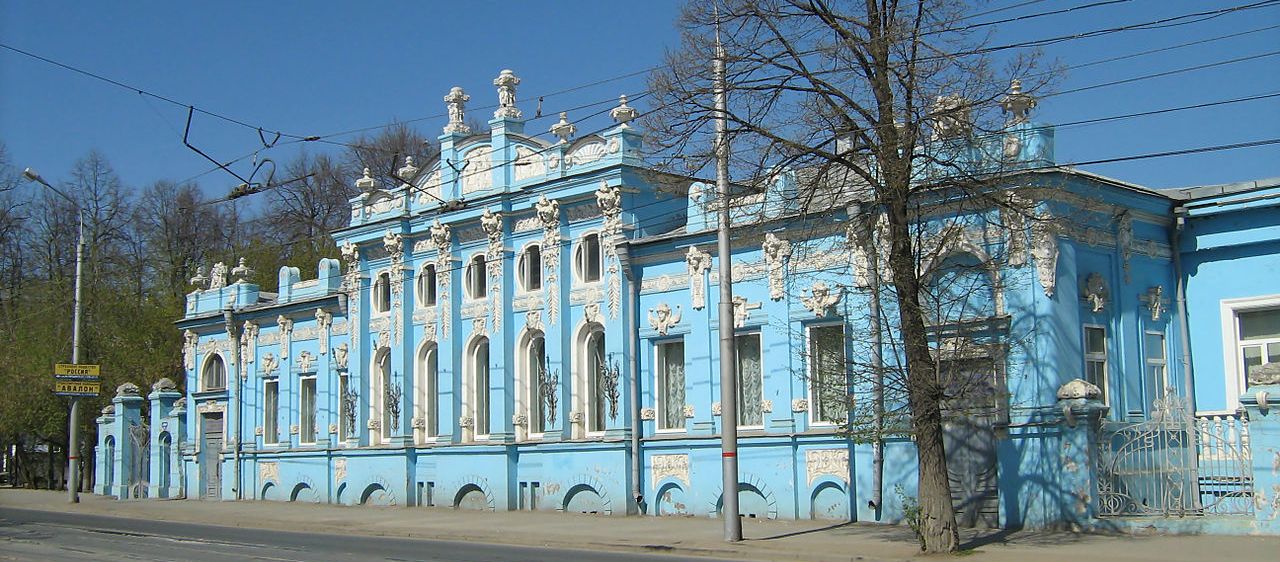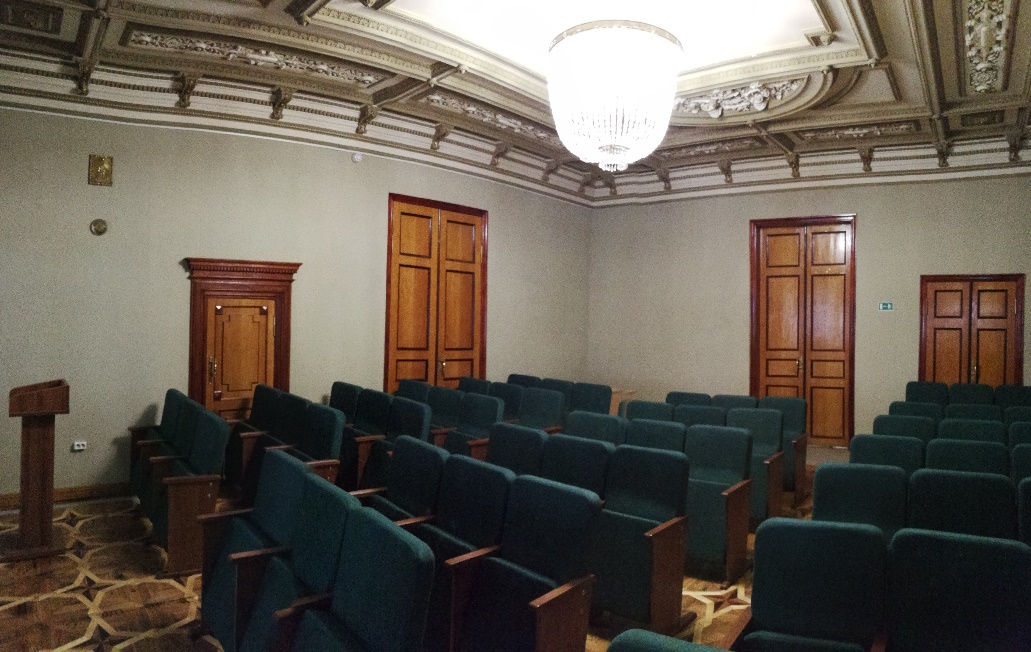联络员:Prikhodchenko Vladimir Prokofievich
地址:Perm, 13a, Lenina street
电话:+7 (342) 212-43-75
邮箱:chiefas@icmm.ru
Perm Federal Research Center of the Ural Branch of the Russian Academy of Sciences (PFRC UB RAS) is a modern world-class research center based on the integration of various scientific approaches and paradigms while preserving unique professional competencies of its member institutes and laboratories.
The mission of the center is development of interdisciplinary and multidisciplinary approaches aimed at solving a wide range of integrated security issues for technologies, infrastructure facilities and territories.

In 2017 Perm Scientific Center of the Ural Branch of the Russian Academy of Sciences was reorganized into Perm Federal Research Center of the Ural Branch of the Russian Academy of Sciences (PFRC UB RAS) in the form of joining of five institutes:
The Institute of Continuous Media Mechanics of the Ural Branch of the Russian Academy of Sciences (ICMM UB RAS),
The Institute of Technical Chemistry, Ural Branch of the Russian Academy of Sciences (ITC UB RAS),
The Mining Institute of the Ural Branch of the Russian Academy of Sciences (MI UB RAS)
The Institute of Ecology and Genetics of Microorganisms of the Ural Branch of the Russian Academy of Sciences (IEGM UB RAS),
Perm Research Institute of Agriculture (PRIA).
The Center has more than 350 researchers, including 3 academicians of the Russian Academy of Sciences, 3 corresponding members of the Russian Academy of Sciences, 2 professors of the Russian Academy of Sciences, 72 doctors of sciences, 212 candidates of sciences (by 1 January 2019). The share of young researchers (up to the age of 39) is 47%.
Today Perm Scientific Center is:
a world-class competence center, developing international cooperation, stimulating participation of Russian scientists in international projects, providing competitive conditions for attracting foreign scientists, conducting scientific conferences and popularizing science;
a center for prospective planning, analyzing the current state and identifying new key areas at the junction of research in the field of deformable solid state mechanics, hydrodynamics, astrophysics, physics of magnetic phenomena, photonics, geomechanics, environmental management and agriculture, ecology, immunology, organic and inorganic chemistry , computer science, political science and ethnology;
a body that provides independent scientific and scientific-technical expertise of projects, including interdisciplinary ones, in the interests of federal and regional state authorities, industrial enterprises of the Russian Federation, countries near and far abroad;
a scientific and educational organization carrying out training of highly qualified staff in the field of physical, mathematical, chemical, biological, technical, medical, geological and mineralogical sciences;
an organization that ensures the implementation of an effective information policy, the development of new methods of interaction with the media in order to form an adequate image of a scientist in society, to popularize scientific results obtained and to increase the prestige of Russian science.

The priority research field of the Center is comprehensive study of safety issues, including issues of industrial, environmental and food security, developing a scientific base for modeling the evolution of complex industrial, natural and social systems and phenomena, creating monitoring tools and systems for predicting and minimizing the consequences of man-made accidents and natural disasters.
The Center conducts fundamental and applied research in the following areas (main research fields):
Development of modern research methods and behavioral models of complex natural, man-made and social systems;
Creation of organic and inorganic materials with optimal structure and properties, bio-and agrochemical preparations, pharmacological means of the new generation;
Development of scientific and methodological foundations of intellectual monitoring and management of technological, natural and social systems, taking into account the laws of their spatial and temporal transformation and anthropogenic influences.